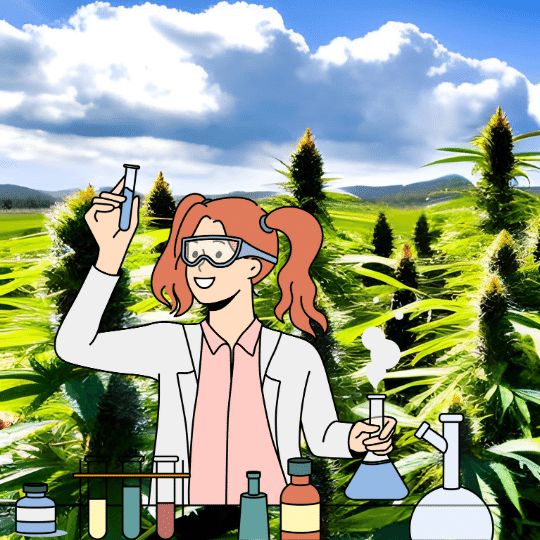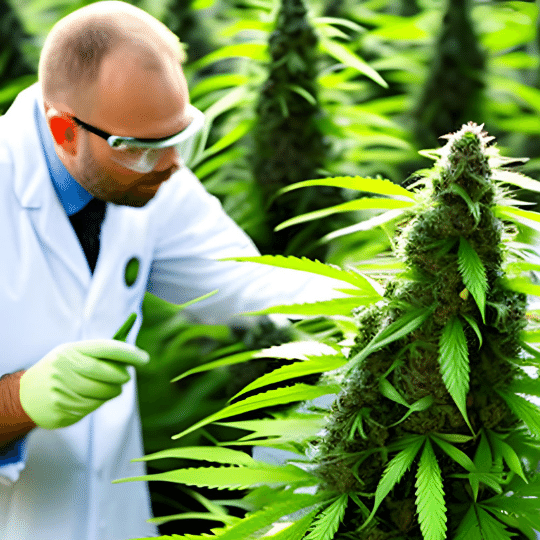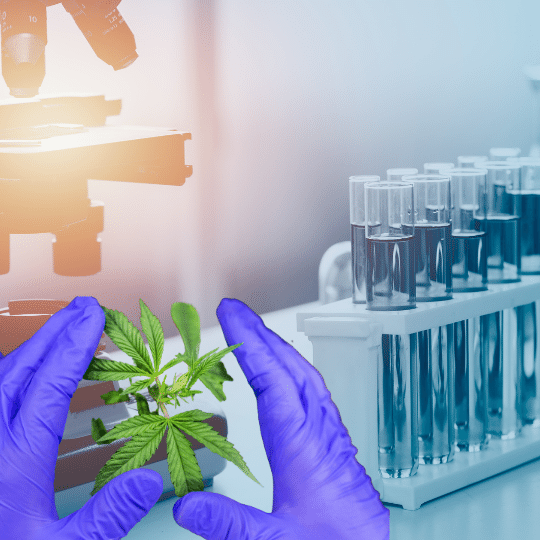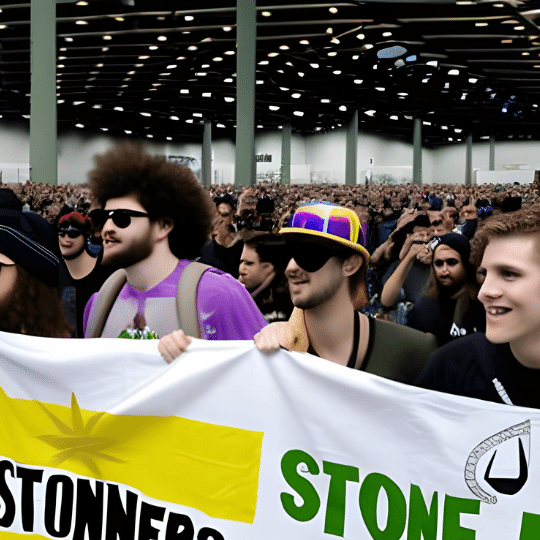
Is CBD Psychoactive? Unveiling the Truth Behind the Popular Compound
Is CBD psychoactive? Discover the truth about the non-psychoactive nature of CBD.
Demystifying CBD and Its Effects
CBD, or cannabidiol, has taken the health and wellness world by storm. But with this newfound fame comes a burning question: is CBD psychoactive? In short, the answer is no. Read on as we delve deeper into the world of CBD and shed light on its non-psychoactive nature.

What is CBD? A Closer Look at Cannabidiol
CBD, also known as cannabidiol, is a naturally occurring compound found in the cannabis plant. It is one of the over 100 cannabinoids present in the plant, but it stands out due to its therapeutic potential. Unlike its more infamous cousin, THC (tetrahydrocannabinol), CBD does not produce intoxicating effects, which is why it has become increasingly popular as a health supplement.
CBD can be derived from different varieties of the cannabis plant, including hemp and marijuana. However, hemp-derived CBD is more widely used and legally accepted, as it contains less than 0.3% THC. Read this article where we seek whether CBD can get you high or not.
Understanding Psychoactive Substances: What Makes Them Mind-Altering?
A substance is considered psychoactive if it can alter an individual's mental state by affecting the brain's function. These substances often produce a range of effects, including changes in mood, perception, cognition, or behavior. Examples of psychoactive substances include alcohol, caffeine, nicotine, and THC – the primary compound responsible for marijuana's "high."
Psychoactive substances exert their effects by interacting with various neurotransmitters and receptors in the brain, altering the way our brain processes information. As a result, these substances can cause changes in our behavior, thoughts, and emotions. Find out how CBD compares to THC specifically.

CBD and Its Effects on the Brain: Why It's Not Psychoactive
CBD interacts with the body's endocannabinoid system (ECS), a complex cell-signaling system that plays a crucial role in regulating various physiological processes. While CBD does have an effect on neurotransmitters, it does not produce the intoxicating or mind-altering effects associated with psychoactive substances.
Instead, CBD's interaction with the ECS helps modulate and balance the activity of various neurotransmitters, which is why it is associated with a range of potential benefits without the psychoactive effects. Learn more about how CBD interacts with the body here.

Debunking CBD Myths: Setting the Record Straight
As CBD gains popularity, it's essential to debunk some common misconceptions surrounding this cannabinoid:
- CBD will not get you high: Unlike THC, CBD does not produce intoxicating effects, making it a suitable option for those seeking therapeutic benefits without the "high."
- CBD is not addictive: CBD lacks the psychoactive properties associated with addiction.
CBD is legal in many places: While laws surrounding CBD vary, hemp-derived CBD containing less than 0.3% THC is legal in many countries, including the United States, under specific regulations. If you’re interested in learning how CBD and THC can even work together, we recommend this article on Full Spectrum CBD with THC.
Final Thoughts on CBD's Psychoactive Properties
In conclusion, CBD is not psychoactive, and it does not produce the mind-altering effects commonly associated with THC. Its non-intoxicating nature makes it an attractive option for those seeking potential therapeutic benefits without the risk of addiction or the infamous "high." As research into CBD continues, we can expect to learn more about this fascinating compound and its myriad of potential applications in health and wellness.
FAQs: Answering Common Questions About CBD
Q: What is CBD?
A: CBD stands for cannabidiol, a naturally occurring compound found in the cannabis plant.
Q: How is CBD different from THC?
A: CBD does not produce the psychoactive effects that THC does, making it non-intoxicating.
Q: Can CBD make you feel high?
A: No, CBD does not cause the feeling of being high because it is non-psychoactive.
Q: Is CBD safe to use?
A: Research has shown that CBD is generally safe to use, with few side effects.
Q: Can you become addicted to CBD?
A: CBD is not known to be addictive, as it does not have psychoactive properties.


